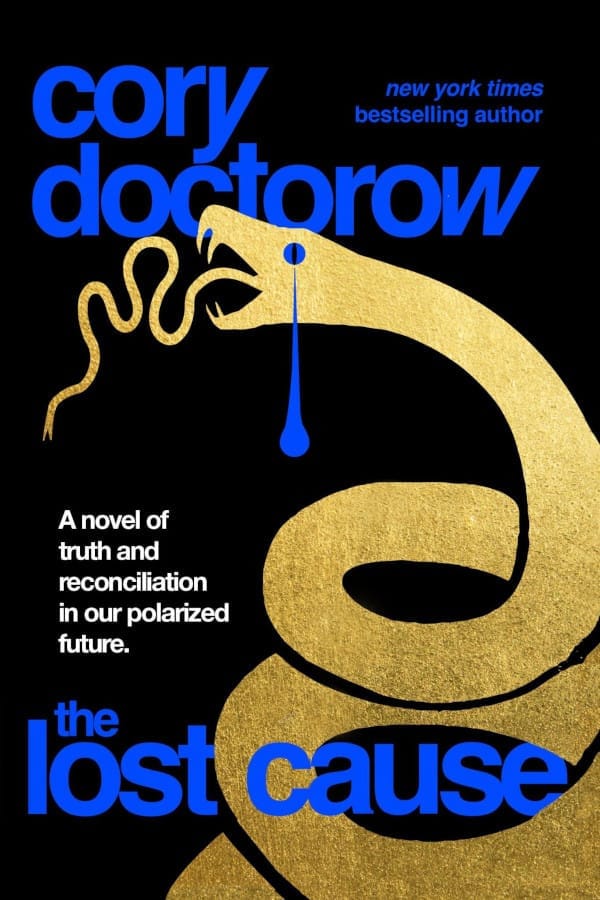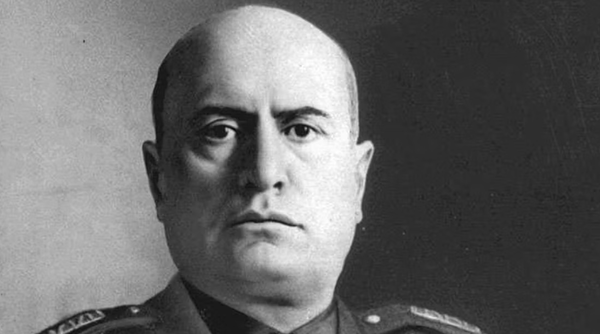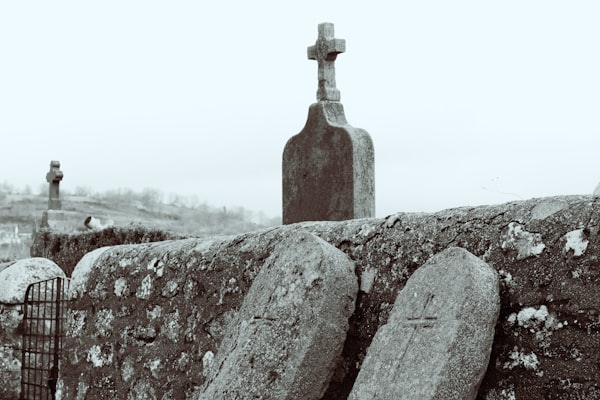OK, doomer: A review of The Lost Cause by Cory Doctorow
Let's talk about some of the better climate stories that are already being told.

Let's talk about hope.
Some of the reaction to my reporting on the likes of the Atlas Network seems to be, roughly paraphrased, "We're doomed." This is perhaps understandable. Atlas and their ilk are well resourced, and are deeply embedded in cultural and media ecosystems. But it's important to note that, in New Zealand, most of the policies and programs they espouse remain incredibly unpopular. Despite decades of effort and millions of dollars spent, the Act party struggles to crack 10 percent of votes. There is a growing awareness of the depth, breadth, and tactics of right-wing think-tanks, and it's time to see what a truthful campaign against their decades of disinformation might look like. It'll be hard work to de-entrench them, but it can – and must – be done. Doom isn't good enough. We need to tell a true story, a better story, a story that builds hope. And it's important to note that hope isn't mere optimism; it is the motivating force for hard work and collective action.
On that note, let's talk about some of the better stories that are already being told.
The Lost Cause
Much has been said about Kim Stanley Robinson's The Ministry for the Future, some of it by me in this review at The Spinoff. It's an extraordinary book, and I'm always on the lookout for more stories like it. When I saw that Robinson had blurbed Cory Doctorow's new book The Lost Cause – "This book looks like our future and feels like our present—it’s an unforgettable vision of what could be" – I knew I had to read it.
I've been a fan of Doctorow's blogging for long time. I've had a more varied relationship with his novels. I liked Little Brother, disliked Makers, and loved Walkaway once I realised that he was doing a kind of techno-anarchist inversion of Atlas Shrugged. It's one of those books where characters will break into long philosophical treatises. (Those who advocate for bad ideas often wind up suitably chastised later in the plot.) Lefty Atlas Shrugged is a big challenge; it could easily have been a complete disaster, but Doctorow makes it both cheeky and effective. It helps that, unlike in Atlas, Doctorow's characters are likeable and believable and the philosophical debates and treatises don't usually run for more than a couple of pages.
The Lost Cause is my favourite work of Doctorow's yet, because it takes his philosophical and ethical bugbears, mixes them with a notoriously difficult subject (climate change) in a particularly tricky setting (the very near future, as opposed to the distant future) and spikes the whole cocktail with the genuinely thorny question of what the hell are we going to do with all the people who caught brainworms? This isn't something I've seen dealt with in fiction before; the deeply uncomfortable fact that no matter the direction history takes, most of today's deranged Trump enthusiasts will still be with us in 15 or 20 years, only older and considerably more deranged.
In the world of The Lost Cause, this situation is tempered because somewhere between now and the near future some good, deeply necessary things happened: a progressive President got elected and actually started doing the needful on climate change. The book portrays this well; it's mostly really hard (but really satisfying, meaningful) work. Robinson's Ministry had a solid depiction of the sheer effort needed to address climate change but a lot of it was lofty, high-concept stuff – literally up in the clouds, in the case of the stratospheric aerosol-spraying geoengineering program undertaken by India. I loved all the big-think geekery in Ministry, but appreciated how The Lost Cause brings it down to earth. All of the high-concept cli-fi stuff – like a neo-neoliberal fleet of seasteaders who leech off the creaking remnants of global civilisation while preaching about liberty and freedom, in yet another nod to Atlas Shrugged – are seen through the literally and figuratively grounded eyes of lead character Brooks Palazzo, as in the following passage:
The Flotilla believed that some of us were born to be wise kings, and that winning in the market was the modern equivalent to pulling a sword out of a stone.
Brooks is a well-drawn character; a ball of energy bursting with queer joy, contrasted by a lifetime of trauma: first by the deaths of his parents in a vicious pandemic and then by living with his cruel, indifferent grandfather. The entire novel is suffused with the same almost manic energy that Brooks possesses, which is by turns inspiring and exhausting. I always get the feeling that Doctorow books are written fast (probably because they are - the guy wrote five books during the worst of the Covid-19 pandemic) and there's a rawness and polemic fury to them that I deeply appreciate. It's probably not for everyone, but it's for me. Two quotes sum up the book well. The first acknowledges the deep-felt agony of not being able to do anything about the awful state of the world:
There is absolutely nothing worse than the sense that things are going wrong and there's nothing you can do to fix them
And the second gives a sense of the antidote to despair.
I had arrived at a place of circulating abundance amid all of that tragedy and terror. Wherever I was, I could be happy, fed, surrounded by good people and hard work.
The Lost Cause achieves exactly what it sets out to do: it makes the gargantuan collective effort required to address climate change inspiring, interesting, and exciting. This is remarkable, considering the fact that attending local council meetings is a vital plot point. Another achievement worth noting is the novel's commitment to non-violence. Robinson's Ministry included a character who runs a black-ops division to carry out and fund highly effective acts of eco-terrorism, and the book implies that such will be necessary in the fight against climate change. The Lost Cause eschews that sort of thing entirely, and in fact seems to be in dialogue with Ministry and other utopian fictions like those of Iain M. Banks in arguing that violence against other people is counter-productive. While violence is a constant companion and threat in The Lost Cause – the book opens with a frightening would-be terroristic murder that ultimately ends in assassination – and while the characters consider taking up arms, the argument is always won by the proponents of non-violence. Against people, that is; violence against property is practically a given. Readers of How To Blow Up A Pipeline will find a lot to appreciate here.
Despite – or perhaps because of – its thorny, wide-ranging subject matter, The Lost Cause is excellent. It's a great riff on utopia, and a cracking yarn. Its largest flaw is shared with Ministry in that the fraught, polluted, world-on-the-brink-ruin portrayed is a best-case scenario. Both books engage the conceit that at some stage, someone in power works to swerve the world away from the brink. From 2024, this seems almost impossible, but it's never been more necessary. A willingness to do the needful on climate should no longer be a secondary consideration when it comes to choosing leaders; it needs to become the number-one prerequisite. This is ground that I hope a new cli-fi book will cover, but for now, The Lost Cause deserves to sit next to The Ministry for the Future in the emerging greats of the cli-fi canon.
The Lost Cause is published by Tor, but you can purchase a DRM-free copy direct from Cory's website.




